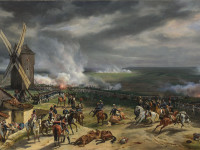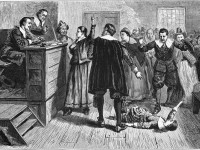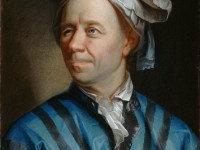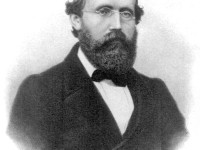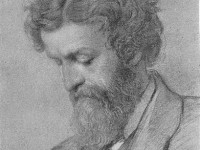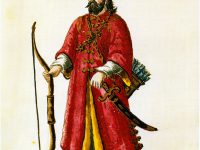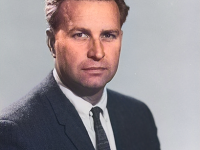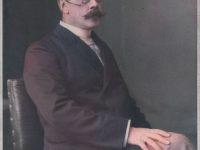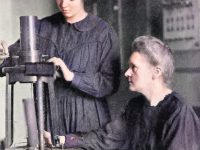From this place, and from this day forth begins a new era in the history of the world – The Battle of Valmy
On September 20, 1792, the Battle of Valmy was fought. It was the first major victory by the army of France during the Revolutionary Wars that followed the French Revolution. Although being a small and localized victory, Valmy became a huge psychological victory for the Revolution at large. Overall, it permitted the development of the French Revolution and all its resultant ripple effects, and for that it is regarded as one of…
Read more

